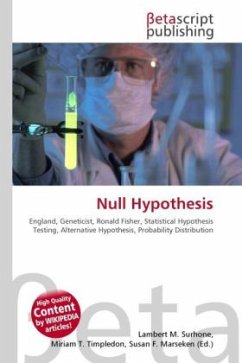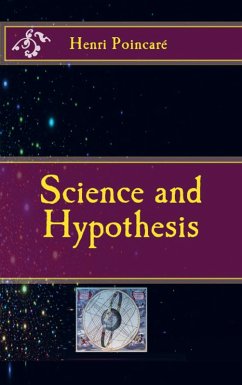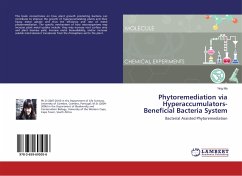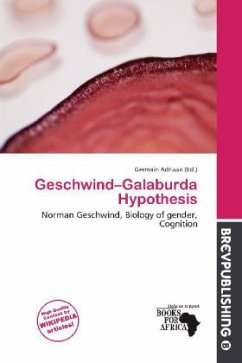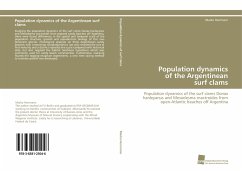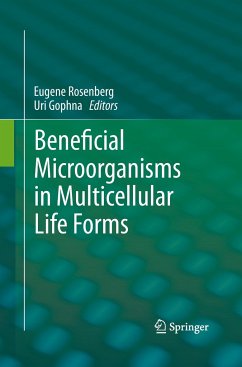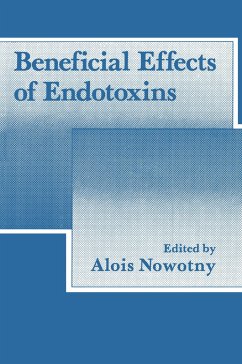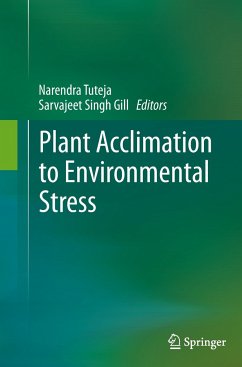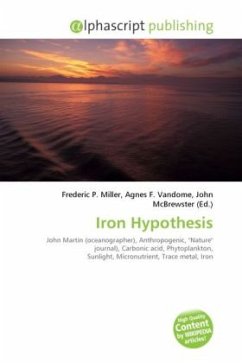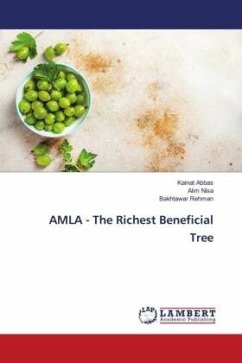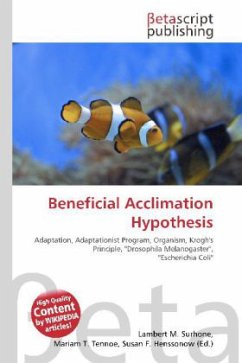
Beneficial Acclimation Hypothesis
Versandkostenfrei!
Versandfertig in 6-10 Tagen
23,99 €
inkl. MwSt.

PAYBACK Punkte
12 °P sammeln!
Please note that the content of this book primarily consists of articles available from Wikipedia or other free sources online. The Beneficial Acclimation Hypothesis (BAH) is the physiological hypothesis that acclimating to a particular environment (usually thermal) provides an organism with advantages in that environment. First formally defined and tested by Armand Marie Leroi, Albert Bennett, and Richard Lenski in 1994, it has however been a central assumption in historical physiological work that acclimation is adaptive. Further refined by Raymond B. Huey and David Berrigan under the strong...
Please note that the content of this book primarily consists of articles available from Wikipedia or other free sources online. The Beneficial Acclimation Hypothesis (BAH) is the physiological hypothesis that acclimating to a particular environment (usually thermal) provides an organism with advantages in that environment. First formally defined and tested by Armand Marie Leroi, Albert Bennett, and Richard Lenski in 1994, it has however been a central assumption in historical physiological work that acclimation is adaptive. Further refined by Raymond B. Huey and David Berrigan under the strong inference approach, the hypothesis has been falsified as a general rule by a series of multiple hypotheses experiments.



